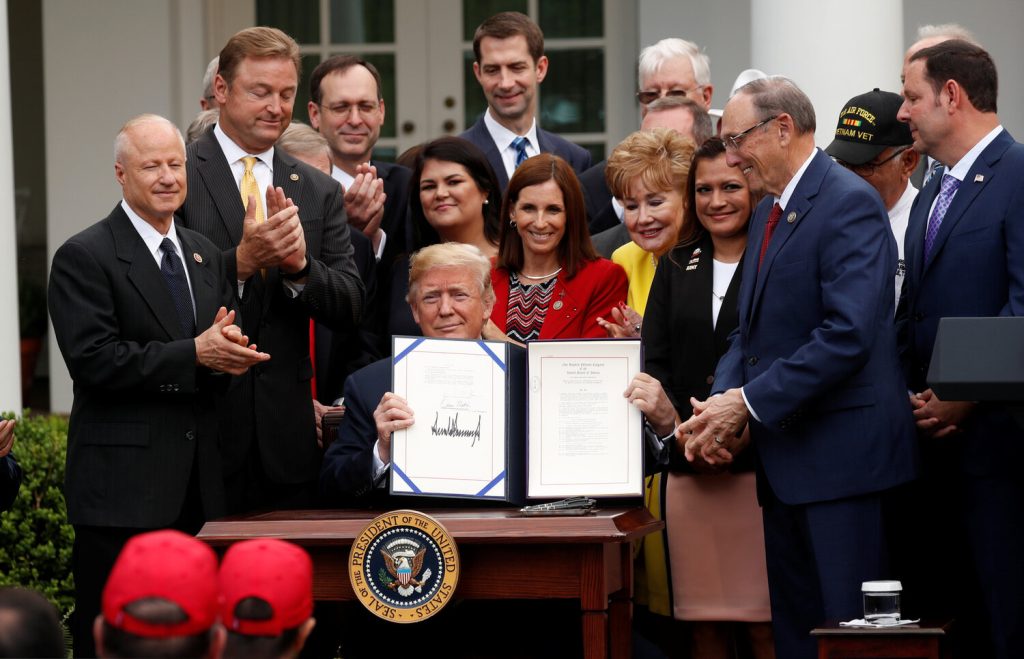HONESTY AND HARD WORK IN REPORTAGE
By Paul Cox
U.S. Marine Corps Veteran and VHPI Steering Committee Member
In the last month we saw more tragic news and unnecessarily salacious headlines. An Air Force veteran set himself on fire outside the Georgia state capitol on June 26. The article says he was ‘disgruntled’ with the VA, but offers no additional information. Despite efforts to save him, he died on July 3. Fox News didn’t offer any other information in their follow-up article.
USA Today and the Boston Globe published an ‘exposé’ about VA nursing homes. The ‘secret list’ headline was an obvious and expected throwback to the wait list scandal of 2014. As Suzanne Gordon and Charlene Harrington explain, it didn’t exactly dig deep. On Twitter, Trump Administration officials and one of the article’s authors jabbed each other with allegations of ‘fake news’ and false transparency.
It’s hard to find anyone these days who can talk about veterans health care without the conversation devolving into hyperbole and outrage. Veterans have become a political football that’s tossed between opposing teams, an endless back-and-forth where nobody actually wins. But there’s definitely a loser: veterans. And they lose every single time.
I’m no VA apologist and understand that the VA needs to be reformed; but we need a sober analysis of care.
That would include honest comparisons and contrasts between the VA and the private sector. That would include honest reporting about the broader issues within the VA such as legislative and administrative sabotage, underfunding, and employment shortages that are the underlying causes of many of the issues within the Veterans Health Administration (VHA). Those are the kinds of problems that most reporters ignore or don’t understand, but precisely what we do here at the Veterans Healthcare Policy Institute.
Let me illustrate one fact that most reporting misses about veterans. Everybody forgets that veterans are not ordinary patients. Many veterans have been put through the grinder physically, mentally, and morally. The typical veteran from any era is older health-wise, more often and more severely disabled, and poorer than the average non-veteran utilizing private healthcare. The VHA is built to take care of us (I am a Vietnam War vet). Treating veterans is hard work. Those major differences between us and the majority of Americans require a healthcare system tailored to our special needs, and the VHA currently provides it. Corporate healthcare cannot and is not interested in matching the VHA’s breadth and quality.
VA care may not be right for everybody and it’s certainly not open to just anybody. A large majority of veterans polled who use the VHA indicate that they are fine with it, too. My VHPI colleague Diane Reppun gets the majority of her care at the VA. She can’t imagine life without it.
Most of the reporting about our healthcare needs illustrates a severe lack of understanding about obvious and important differences between veterans and the non-veteran population. The outrage machine is lazy if not dishonest; it must stop. Poor reporting is not improving our healthcare and it’s not helping veterans.




